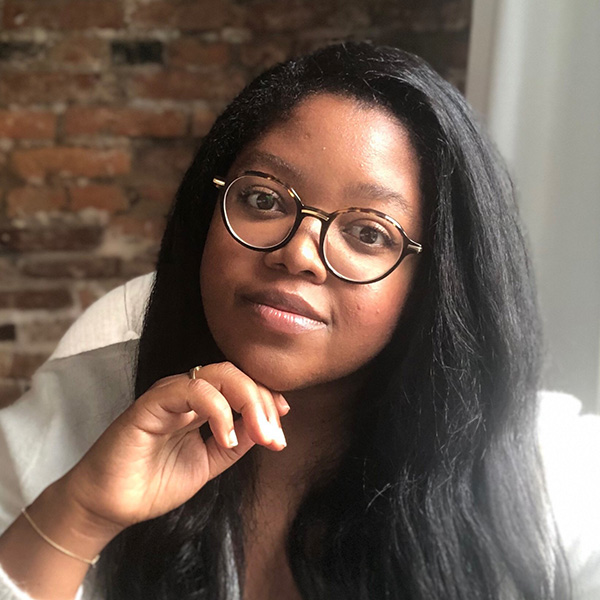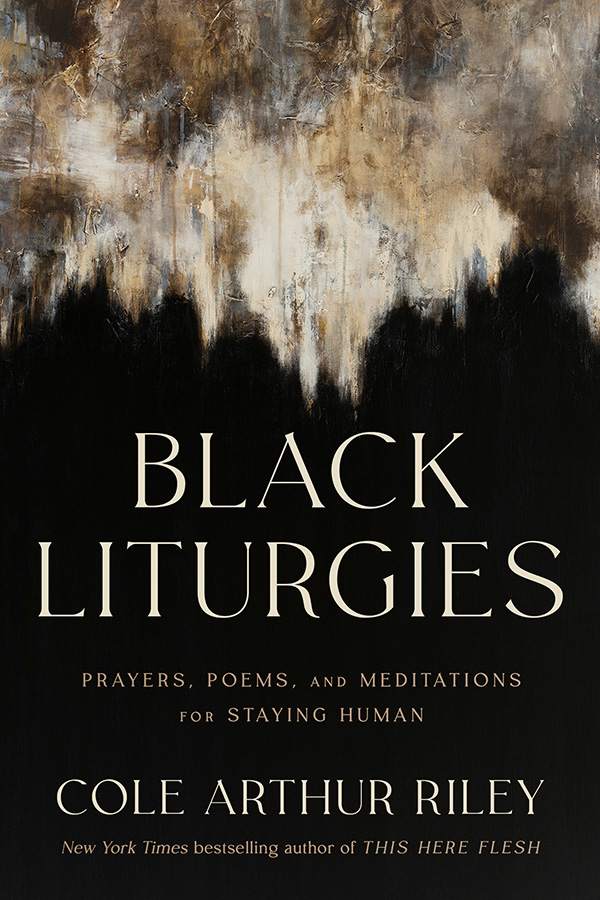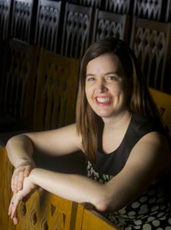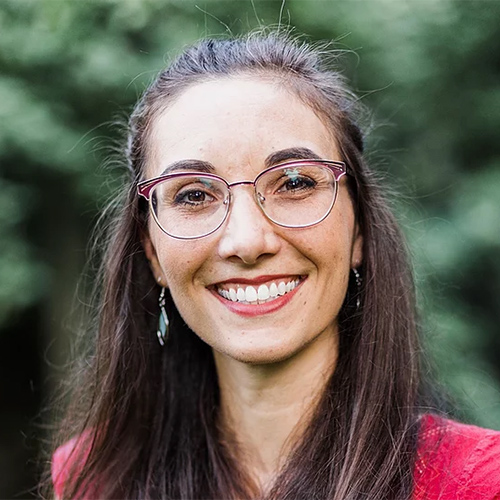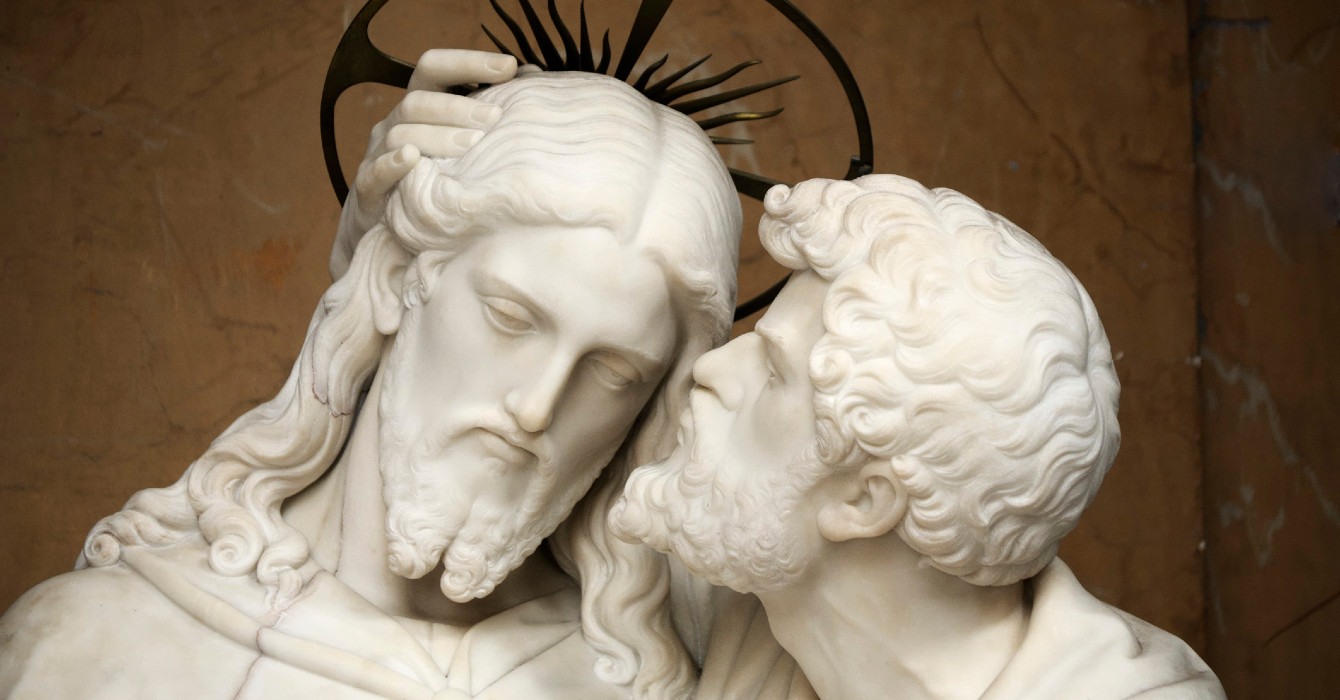Updated: Stanley Hauerwas retired in 2013 and is now the Gilbert T. Rowe Professor Emeritus of Divinity and Law.
Leadership can’t be abstracted from the communities that make it possible, says Stanley Hauerwas, a Duke Divinity School professor considered to be one of the nation’s most influential theologians.
Hauerwas, Gilbert T. Rowe Professor of Theological Ethics, has sought to recover the significance of the virtues for understanding the nature of the Christian life. He emphasizes the importance of the church and narrative in understanding Christian existence, and his interests range widely, including systematic theology, philosophical theology and ethics, political theory, and the philosophy of social science and medical ethics.
Hauerwas’ book, “A Community of Character: Toward a Constructive Christian Social Ethic,” was selected as one of the 100 most important books on religion of the 20th century by Christianity Today. In 2001, he was named by Time magazine as “America’s best theologian,” published “The Hauerwas Reader” and delivered the Gifford Lecture at the University of St. Andrews in Scotland.
In an interview with Faith & Leadership, Hauerwas discusses whether “leadership” is a proper topic for theological conversation at all, some current faithful examples of it (including Barack Obama, Jean Vanier and Rowan Williams), how he trains his students to exercise it and how institutions provide space for its flourishing.
The video above comprises short excerpts from this interview.
Q: Is leadership a proper subject for theology?
I have a Yoderian reaction. “Leadership” is a term that’s in play: We can use it and subvert it. I don’t have any intrinsic difficulty about the language of leadership, though I think many of the proposals about leadership are quite perverse. These can give the impression that you know what leadership is abstracted from communities that make leadership possible.
I’m sure that you must discuss these matters because it is about power. Power is rightly one of the gifts God has given us for the formation of good communities and good people. The way you put the question presupposes that you might have an alternative. You don’t. You have to discuss questions of how you discover those among you with gifts necessary for the whole community.
In the Book of Acts, the disciples chose Matthias the way the Mennonite sometimes still choose their leadership: by lot. What kind of community do you need to be that you can choose your leadership by lot? Whether you’ve done it officially by lot, that’s the way it turns out!
Q: Are you of two minds on this? Is there a Mennonite part of your brain on the one hand, while on the other hand you want your people in positions of power in the institutions you care about?
I don’t feel like I’m of two minds about it, but I may be.
One of the most important things that those set aside to help communities make decisions do is to know how to acknowledge that a decision was wrong, to know how to go on from having made a mistake. Communities that only want those in authority who never make mistakes will always be oppressive.
I’m very interested in how, under conditions of uncertainty, we set aside some people that say, “We probably don’t have adequate information, but given who we’ve been, this is what we’re going to do.”
I served as of director of graduate studies at Notre Dame and Duke for six years each. I learned that what people cannot stand is for you not to make a decision. So I would. Then you find out through time what wasn’t a good idea and what was.
It is always persuasion, all the way down. So much of how creative authority works is by being articulate for the community about what needs to be done in a way that defies limits. It often comes by reframing and helping us discover ways to understand where we are in terms that do not reproduce the necessities of the past.
Q: Can you think of an example of that sort of reframing?
The Obama Administration’s beginning to back off of the phrase “war on terror.” That’s been very deliberate. I give them good credit for that.
How can you reframe the financial challenges facing the modern university? We’ve been living beyond our means. Now we have an opportunity to discover what we ought to be about. The recognition of limit is a good discipline for discovering what kind of institution you actually should be.
Q: What can we learn about leadership from Jean Vanier?
One, be ready to be surprised. Vanier didn’t start off to be Jean Vanier. He started off because a priest told him to live with these two mentally handicapped men. Then it just happened that the institution set aside for the care of mentally handicapped in [the town of] Trosly-Breuil was no longer able to do that. He thought something needed to be done. L’Arche is the result. He’s been pulled into an international effort through the talented people that got attracted to what he was about.
It’s absolutely crucial for Vanier to know when to let talented people do better what he would not be able to do. One of the things that authority does is not to be afraid of more talented people than you yourself are.
Q: How would you describe Rowan Williams’ leadership of the Anglican Communion as Archbishop of Canterbury?
He’s a servant. If you really want the exemplification of a servant leadership, I think Rowan is it. He’s refusing to be a hero. Many people want him to take the bull by the horns and to force onto the Anglican Church an order that makes it look decisive. He is refusing to do that. I think he’s providing a paradigm of what a genuine leadership should look like.
Rupert Shortt’s biography criticizes him for being politically naïve. I think Rupert is just dead wrong on that. Rowan recognizes the intractability of many of the challenges facing the Anglican Communion and is ready to suffer through them. Suffering is a very important part of his leadership.
Rupert also meant that Rowan doesn’t know how to interact in the halls of power in Parliament and at 10 Downing Street. But Rowan thinks what the church has to say is not just another policy alternative.
He could do better at positioning himself in terms of the media. But God knows how anyone, when in the public eye that way, even begins to get it right.
Q: How is teaching graduate students an act of leadership?
Every graduate student is different. You have to let them find different levels of relationship to you. But if you think it’s anything other than a paternal role, you’re kidding yourself. You have to remember that you are an adult parent to adult children. I try to be as directive as sometimes I need to be with certain students. With other students you just let them go.
I want them to care about what I care about. I’m ambitious for my graduate students. I want them to make a difference in the world, in a Yoderian sense of difference. I’m very proud of the kind of teaching and publishing they’ve been doing.
Q: Your forthcoming memoir often has the names of institutions as chapter titles. How have those vibrant institutions been important to you as bearers of the Holy Spirit?
The Holy Spirit’s task is always to point to Jesus. I want to be careful about using the word “vibrant” as an indication of the work of the Holy Spirit. Vibrant institutions can also be extraordinarily demonic. I admire energy, but energy can also get you into a lot of trouble.
We can forget readily what an extraordinary thing it is that someone thought to have a place where the sick are not abandoned. The hospital: what an extraordinary idea to come up with something like a hospital! Whether it is counterproductive today is an interesting question, but you don’t take those gifts lightly.
My own life has been wonderfully sustained by institutions that are gifts that I want to continue to serve.
Think of the church. What’s remarkable is that there is one. I just find that remarkable. That’s the Holy Spirit for sure. I have often been identified as someone who is very critical of the institutions of which I’m part. I oftentimes am, but that’s a lovers’ quarrel. I’m, I hope, a very institutional person.
Q: What do you make of the fact that up until the early 20th century Protestants had enormous energy for founding institutions in this country? Why don’t we do that now?
I honestly don’t know. I wonder where that energy came from. I think oftentimes they didn’t have any idea what they were doing. If you look at the Methodists running around this country putting in one institution after another, I suspect oftentimes they said, “Well, if Nashville has Vanderbilt, Durham needs Duke.” You don’t presume that it was always with the best of motives. But I think imitation is a very important aspect of institutional formation.
But I don’t know if it’s right to say that we’re not forming institutions. How do we know? They may be there more than we know. What people are doing through communication could be a very early development of certain kinds of institutions today.
For me, of course, habit is crucial. Creativity is caring through habit. We associate habit with doing the same thing over and over again. But you can’t do the same thing over and over again, because the world around you is changing, so even if you think you’re doing the same thing, you’re doing something different.
Habits create necessities through which imagination is required to do something different than you thought you were doing in the past. The developments of the virtues, and the discovery of virtues that we didn’t know we had, are a real resource for development of institutions that hopefully have promise for the future. Universities, for example, are constantly recreating themselves through basic habits.
Q: Any interesting innovation is always at least partially a reaching back into what we’ve done previously. And you can’t just be antiquarian as you reach back.
Yeah, but I’m an antiquarian. When I go to morning prayer, I want to do the same thing every morning: I want to read the psalms. I don’t know if you want to call that “antiquarian.” Obviously, the church’s liturgy has been a history of constant innovation. Innovation should occur in a way that we recognize continuities through time.
It was a bad innovation when the revivalistic structure overtook the church’s primary liturgical form in a way that charismatic preachers replaced the centrality of Eucharist. We’ve suffered from that.
Q: I was struck in your autobiography by the importance of competent leaders for the sake of an institution’s entire life.
Robert Wilkin, the historian of doctrine now at the University of Virginia, once told me when I got in political controversy at Notre Dame, “Stanley, you live in a way that you need a prince to protect you.”
Q: You are a Reformed person.
He said “the way you just let it stick out there and then you’re without protection” and it is true. I’m not very protective and sometimes I have found myself outmaneuvered by people who are adept at playing the political game.
I do think that people called to administrative positions have to undergo a deep ascetical discipline. You’re dealing with people who have possibilities and limits, the limits sometimes will drive you crazy, and you cannot take it personally.
You do this to provide space for the different gifts of the community. I’m very Pauline in this. Communities have diversities of gifts. Part of your responsibility as an administrator and leader is to help members of the community own them as contributing to the overall good of the community. To be in a position of power means that you recognize how fragile the power is. You wouldn’t have it otherwise. And you have enough confidence that you don’t have to win all the time. That’s a real ascetic discipline, a discipline of the ego, that is absolutely crucial for being an administrator and to allow the institution to go on once you’re no longer there.
Q: How does it change our notion of leadership to think of it liturgically?
I’m a lay person, so I’ve never presided [at the Eucharist.] I would be very afraid to preside, as a matter of fact.
But why is it that some are set aside to do for the church what only the whole church can do? What does that mean for their own self-understanding? They’ve been set aside to do that. The Christological notions of such servanthood are fundamental.
The problem with servanthood language is it can be such a passive/aggressive form of manipulation. Some people get very good at that exactly because they don’t want to say, “We need to do this.”
The primary title of a pope is “servant of servants.” It’s a little hard to remember that when you’re carried around on a chair! I prefer descriptions that remind me that I’ve got some self-interest involved here.
Q: What do you tell seminary students who have designs on leadership?
Don’t lie. It’s just very simple. Don’t lie to me. You may oftentimes not know what the truth is. Tell me that. Just don’t lie to me. It kills you, it kills me and it kills the community.
Just don’t lie to me. There is nothing more important than that. We want to be the kind of community that doesn’t want to be lied to.
Q: What’s an example of a time a leader told the truth in the way you’re suggesting?
Martin Luther King Jr. told the truth at Riverside Church when he came out against the war in Vietnam. It didn’t particularly allow us to flourish, but it provided a benchmark that we knew as American people that there was a truth-teller among us. That was an indication that we could be better than we were.
We’re trying to come to terms with what it means to be a divinity school in a church that is very unclear what its future may be. There is a positive response here to what may be a very bleak future for Protestantism.
The bottom line: politics is people. For any person that wants to be in leadership, if they try to lead in a way that means they don’t have to deal with people, they automatically defeat community. It is everyday interactions that make it possible for there to be people who tell the truth to us one at a time in the hopes that in that process we will be a truthful community.

